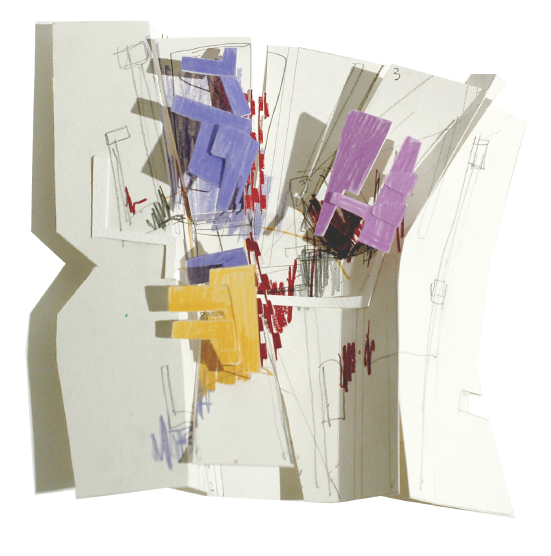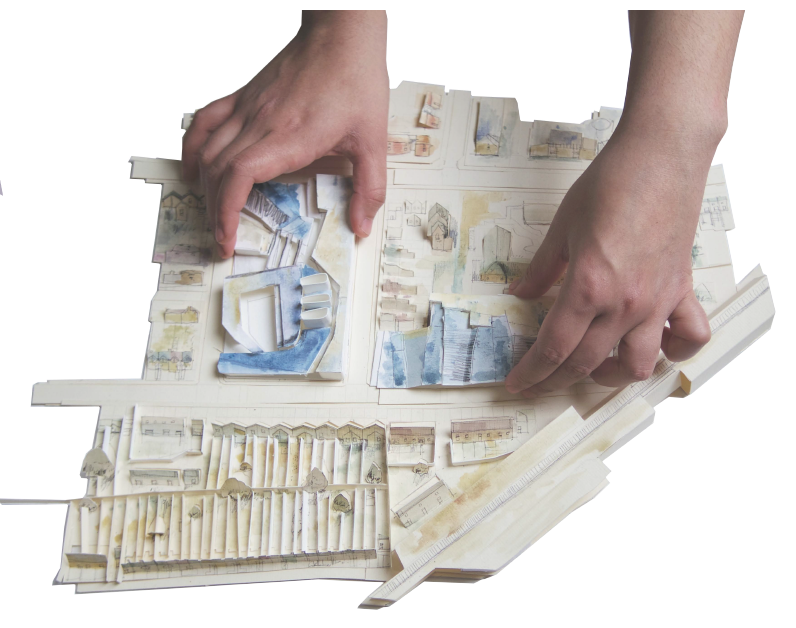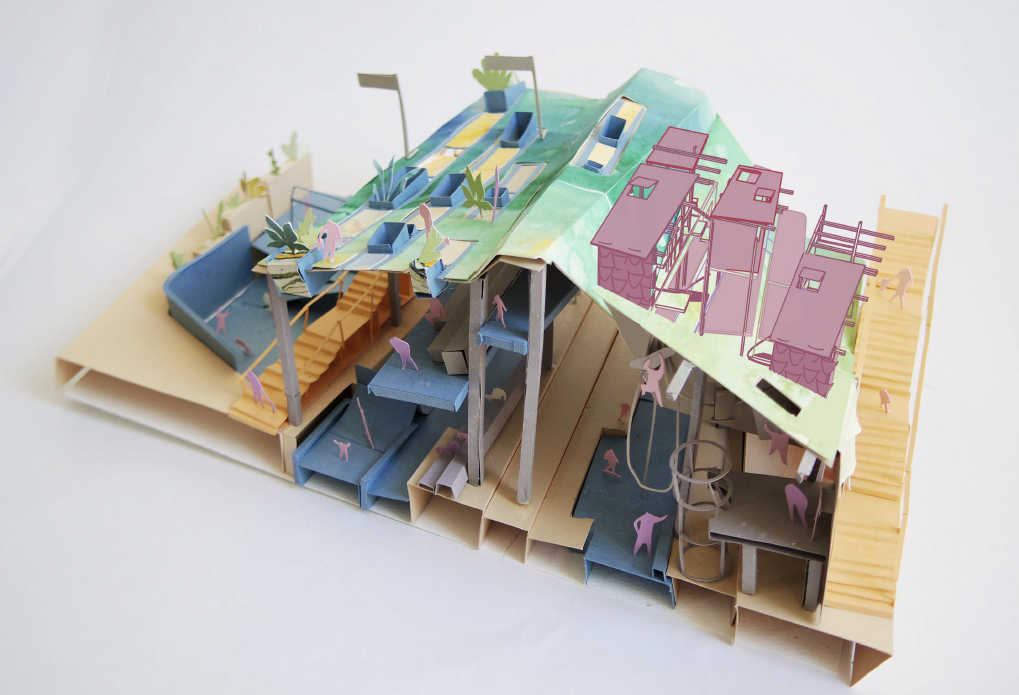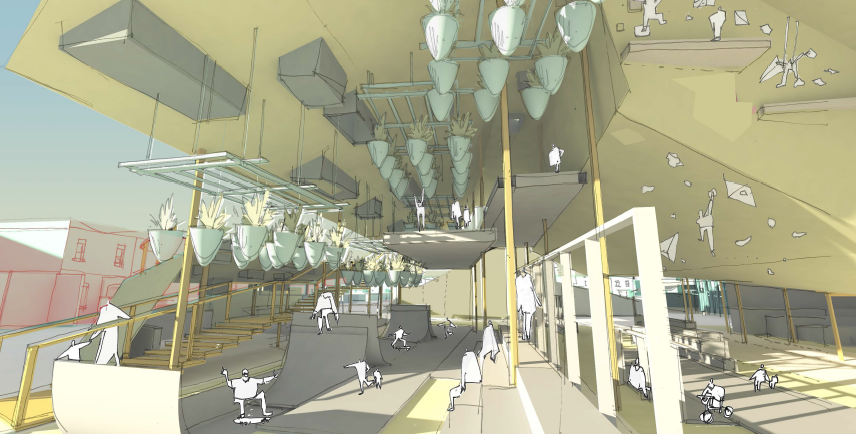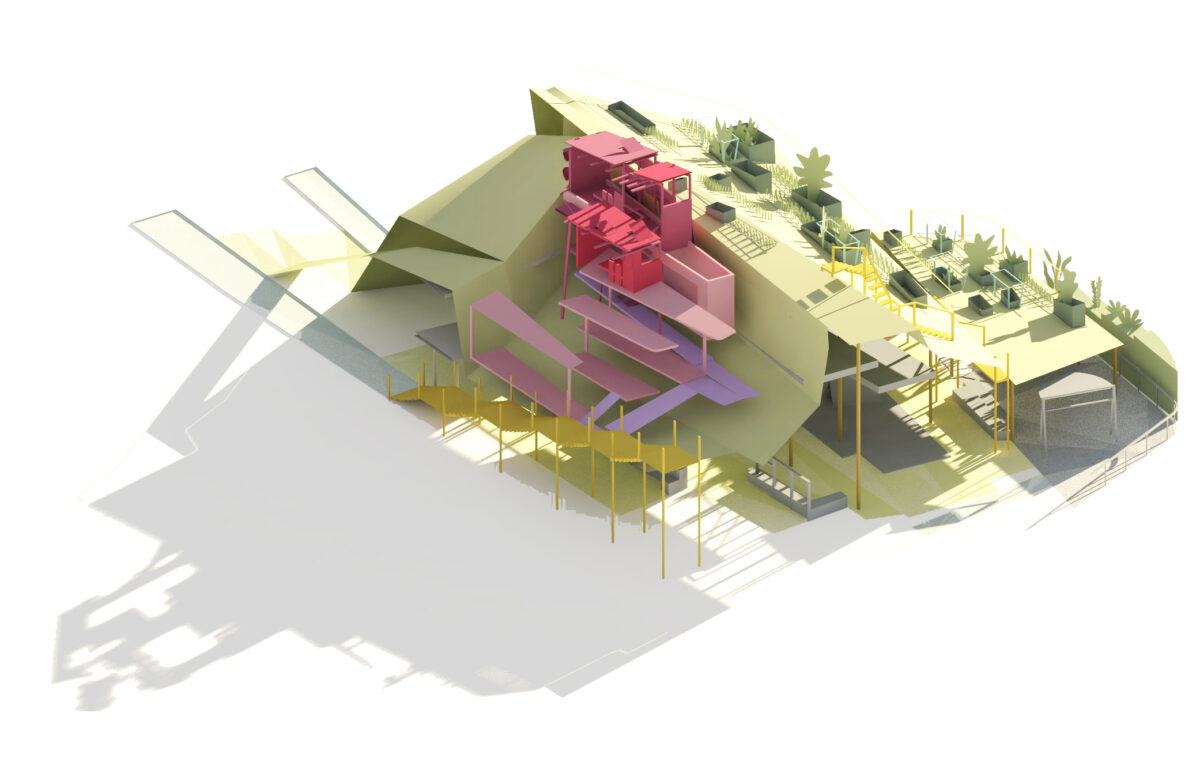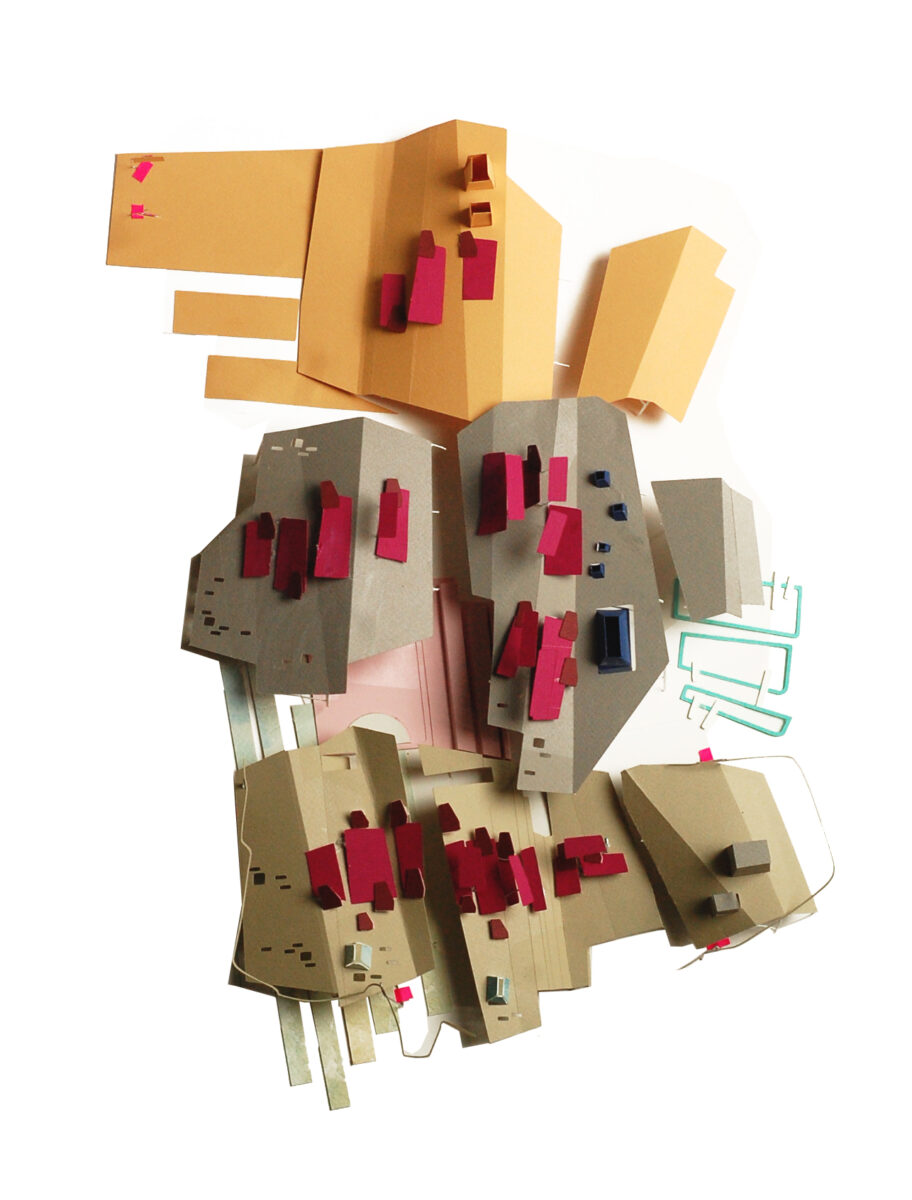

Lessons from the Peckham Experiment
Drawing from the 1926 Peckham Experiment which endeavoured to challenge health and wellbeing to be considered a holistic practice, rather than pure treatment of ailments, this project aims to reinterpret the key values surrounding social, communal and physical activity as integral to the thriving individual.
Reconsidering the land typology: the city park space which are becoming increasingly under threat of being sold off by local authorities, this scheme aims to re-intensify the architectural program of these sites to dualistically integrate both leisure and housing functions.
The project aims to create a phased, collective living scheme for single parents within the Peckham area which is becoming increasingly less accessible and affordable for diverse, marginalised communities. Through the use of the community land trust model the site is acquired collectively through a genuinely affordable method. The focus of the scheme is to lead towards self-sufficiency over the three phases, combining a working economic model within Phase 3 to capitalise on grown produce on extensive allotment landscapes.
The means of collective living is a response as a viably more affordable option to enable communities to be able to have further control over their living environments. The project integrates open leisure and sporting activities within the lifestyles of the families, celebrating notions of wellbeing and health as essential.
